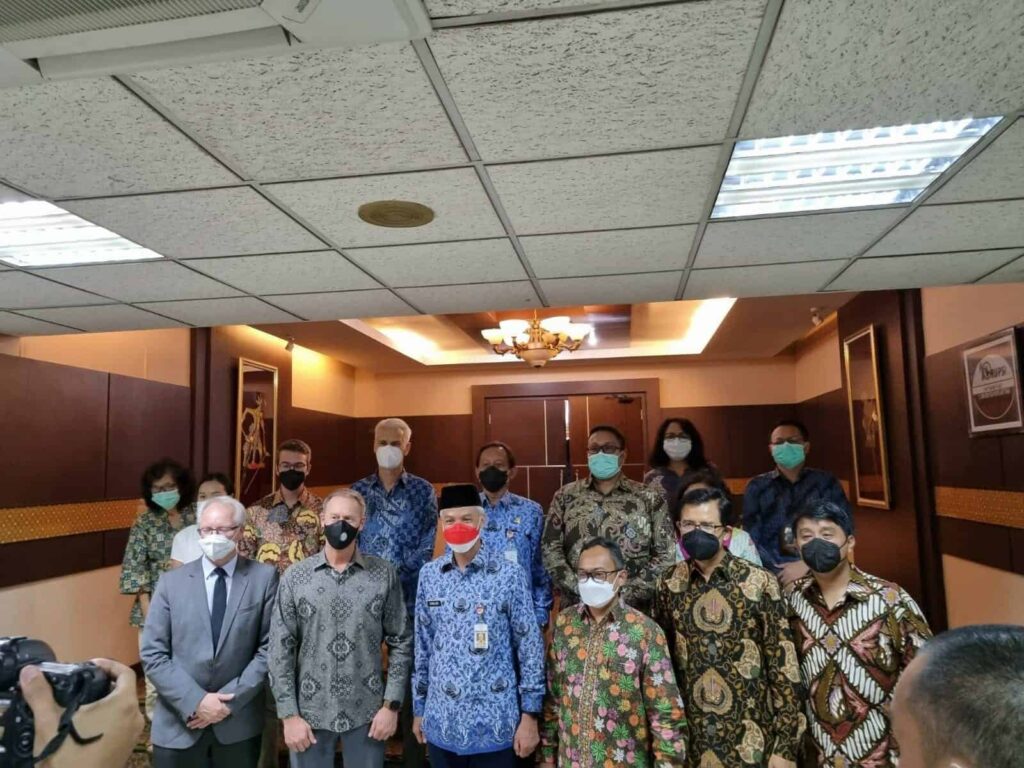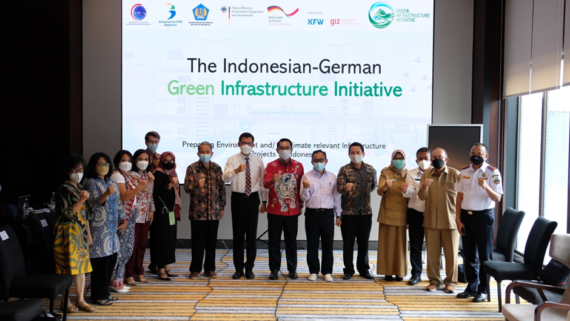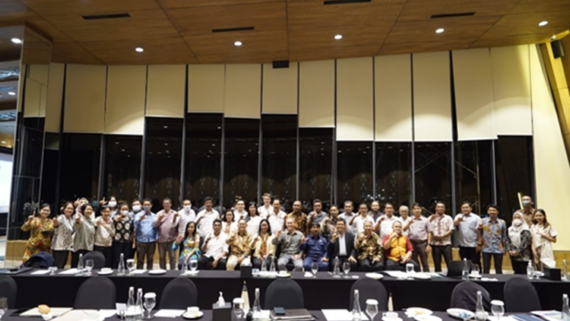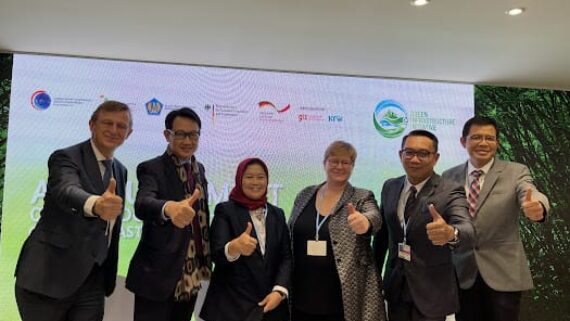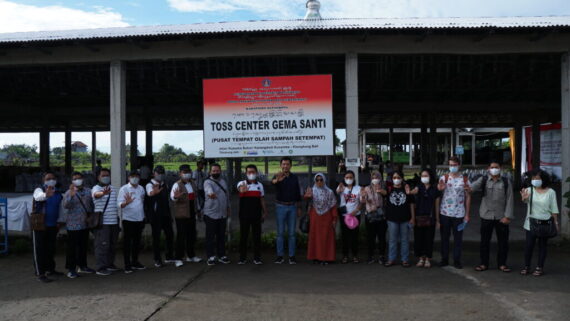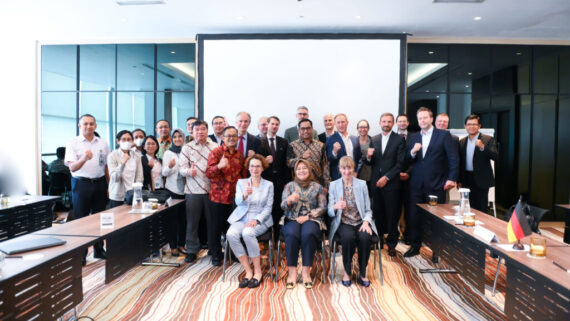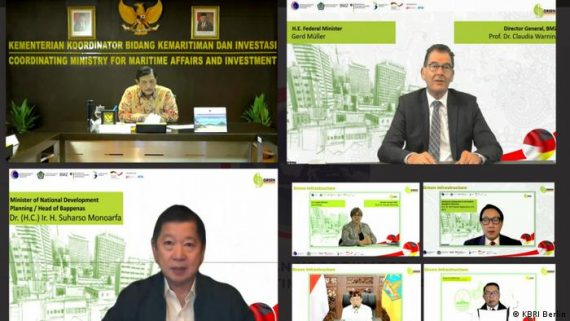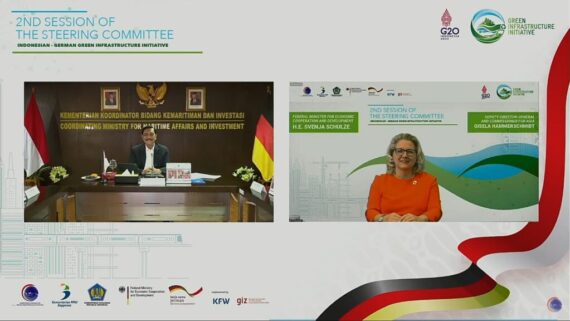Indonesia Strengthen Commitment in Environment-Based Development in Central Java
In order to discuss Green Infrastructure Initiative in Central Java, the Assistant Deputy for Watershed and Natural Resources Conservation paid a visit to the Governor of Central Java on Monday (11/29/2021). This visit was conducted in order to get a complete picture of the GII collaboration process with the local provincial government.
“GII is a form of bilateral cooperation between Indonesia and Germany, which focuses on the development of environmentally friendly infrastructure. This collaboration has been initiated by the Coordinating Ministry for Maritime Affairs and Investment as Co-Chair and Steering Committee,” said the Assistant Deputy for Watershed and Natural Resources Conservation, Saleh M. Nugraha.
The scope of cooperation in this program covers several aspects, such as water and waste management, solid waste management, and urban public transportation. This activity continues to be carried out under several basic considerations, such as the need for a well-integrated and sustainable management, the need to adjust the direction of national and regional development to create environmentally sound development, the existence of cooperation between the central government and provincial and city districts, as well as access to implementation in line with capacity of the provincial government and the community.
“We propose 3 proposals for liquid waste management, 6 solid waste management, 2 mass transportation proposals, 4 SPAM proposals and 1 regional cross-sector strategic study,” said the Governor of Central Java, Ganjar Pranowo. According to him, the Bengawan Solo river is one of the leading candidates for the proposal as a place for the management of this program considering the condition of the pollution is so bad. The existing pollution includes MSME waste and domestic waste scattered along the Bengawan Solo watershed.
“Pollution must be handled maximally and comprehensively, and requires public support of course. On the other hand, it is also necessary to increase the raw water supply capacity in the Solo Raya area, “added Assistant Deputy Saleh.
Moving forward, it is hoped that the improvement of the water quality of the Bengawan Solo river can be carried out through waste water management and raw water supply in the Subosukawonosraten area and this program can run optimally thus prove Indonesia’s commitment to environmental-based development.
 English
English Indonesia
Indonesia
